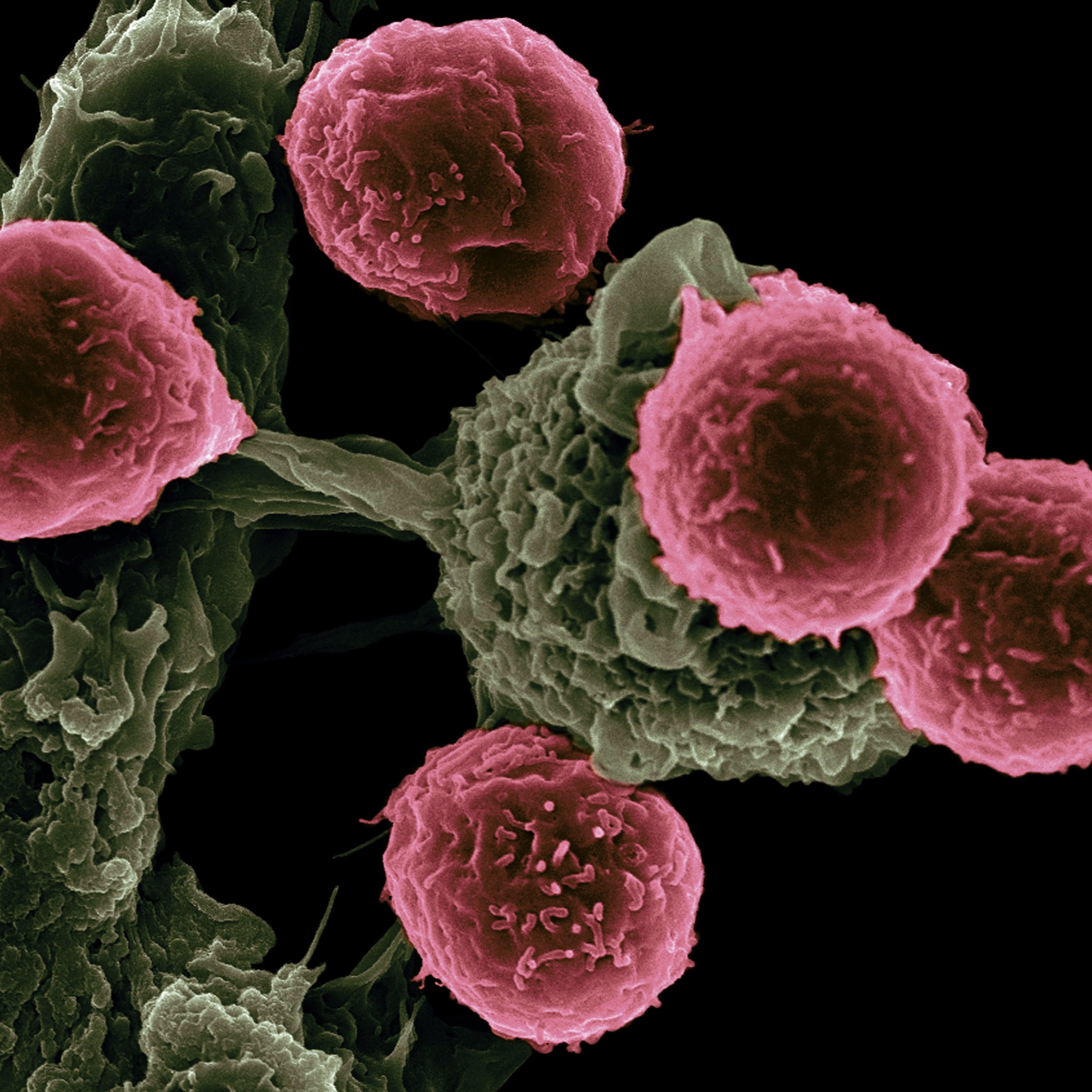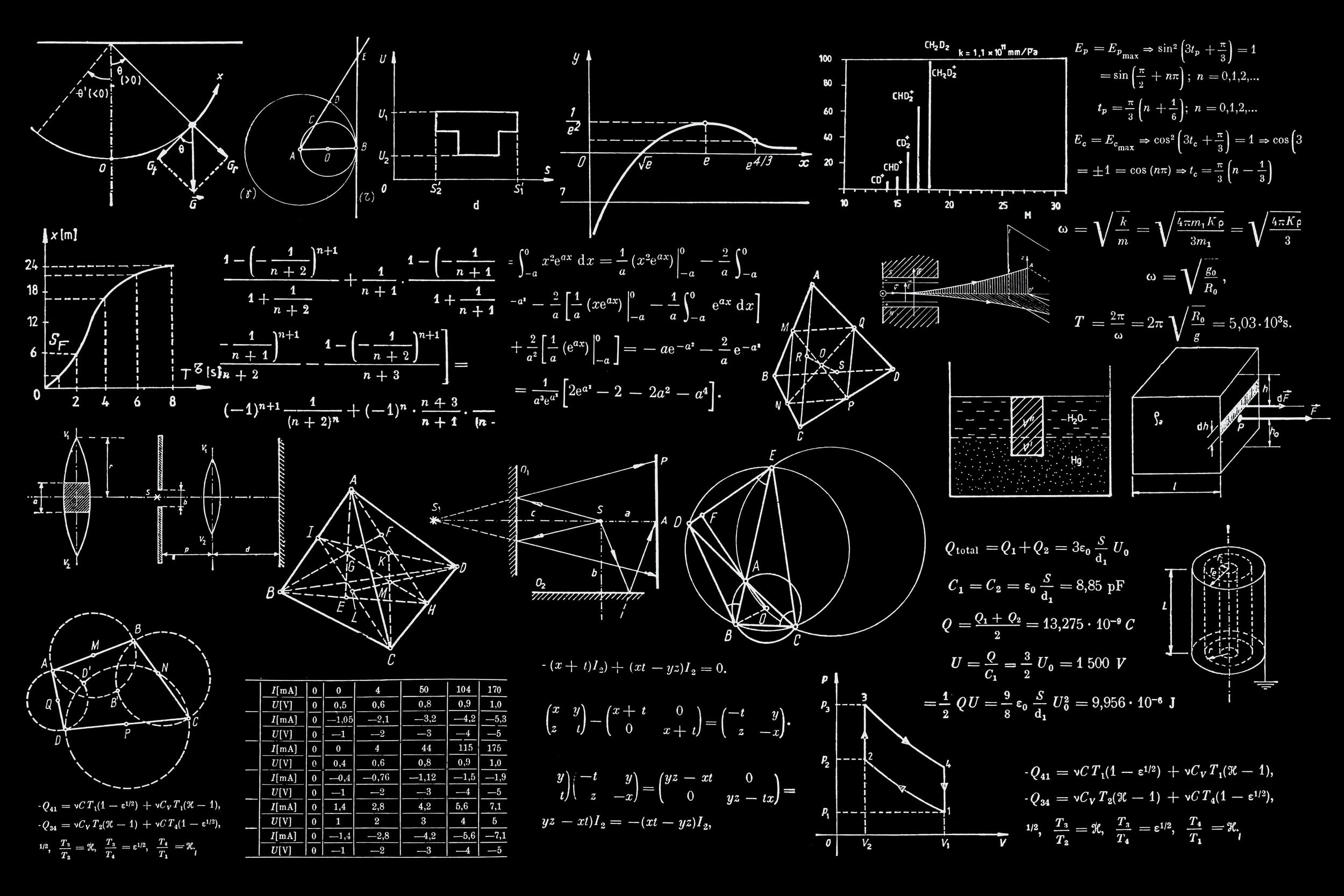
SCIENCE
Science itself might rightly be thought of as humanity’s greatest invention. Everything that wasn’t invented by accident—and many things that were—are products of science.
Science doesn’t have all the answers and scientists are just as fallible as everyone else. But the Scientific Method is a rigorous methodology with a high burden of proof. The oversight provided by the Peer Review Process means that mistakes invariably (eventually) get caught and corrected.
Don’t you wish we could say the same about our political and economic systems?
Optimalism proposes a decision-making process that takes the best features of science and then democratizes it:
Everyone is welcome to take part in researching problems and proposing solutions, with more weight given to the opinions of experts and those directly affected.
Decisions will be based on large volumes of unbiased, verifiable real world data and on simulations based on that data.
All methods, data and analysis will be public and be subject to review by a diverse pool of experts.
Policy proposals will include predicted outcomes and a plan to adapt or roll back the changes, if the outcomes aren’t as expected.


